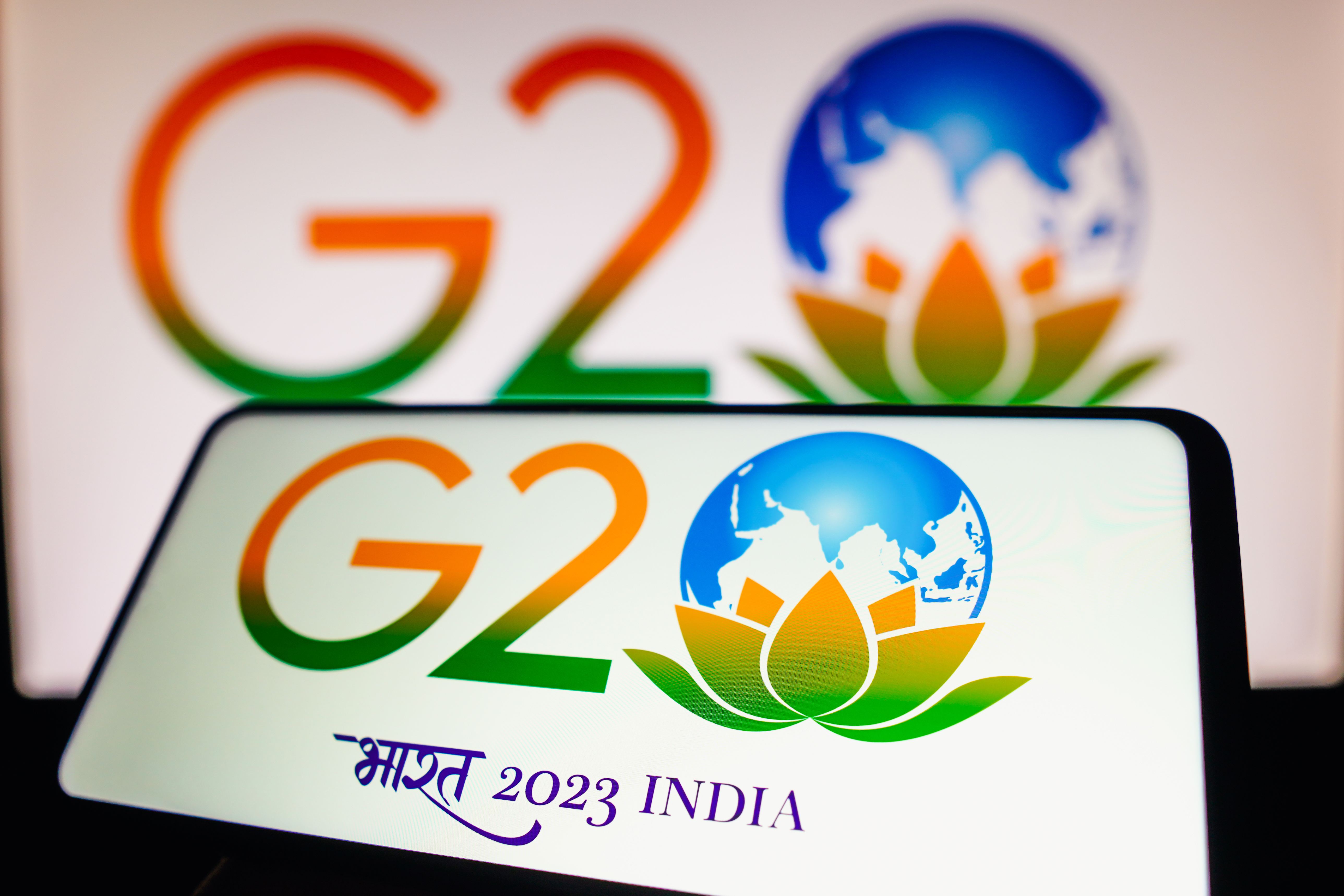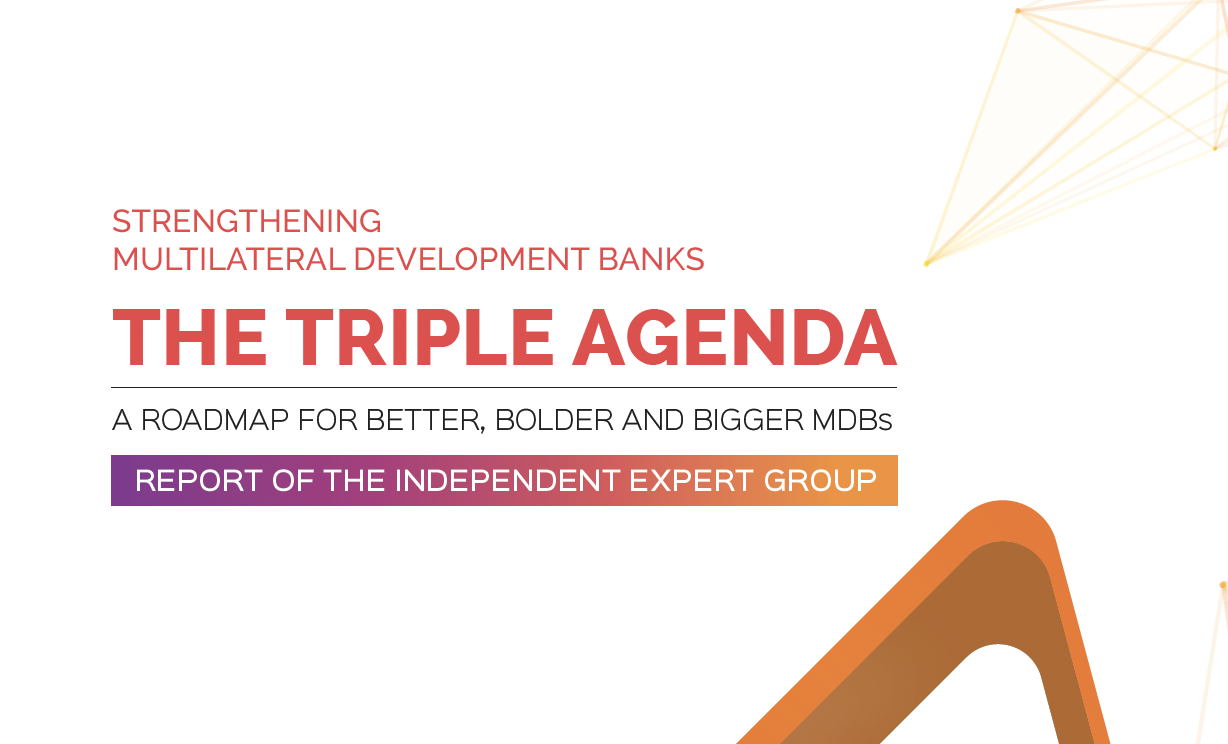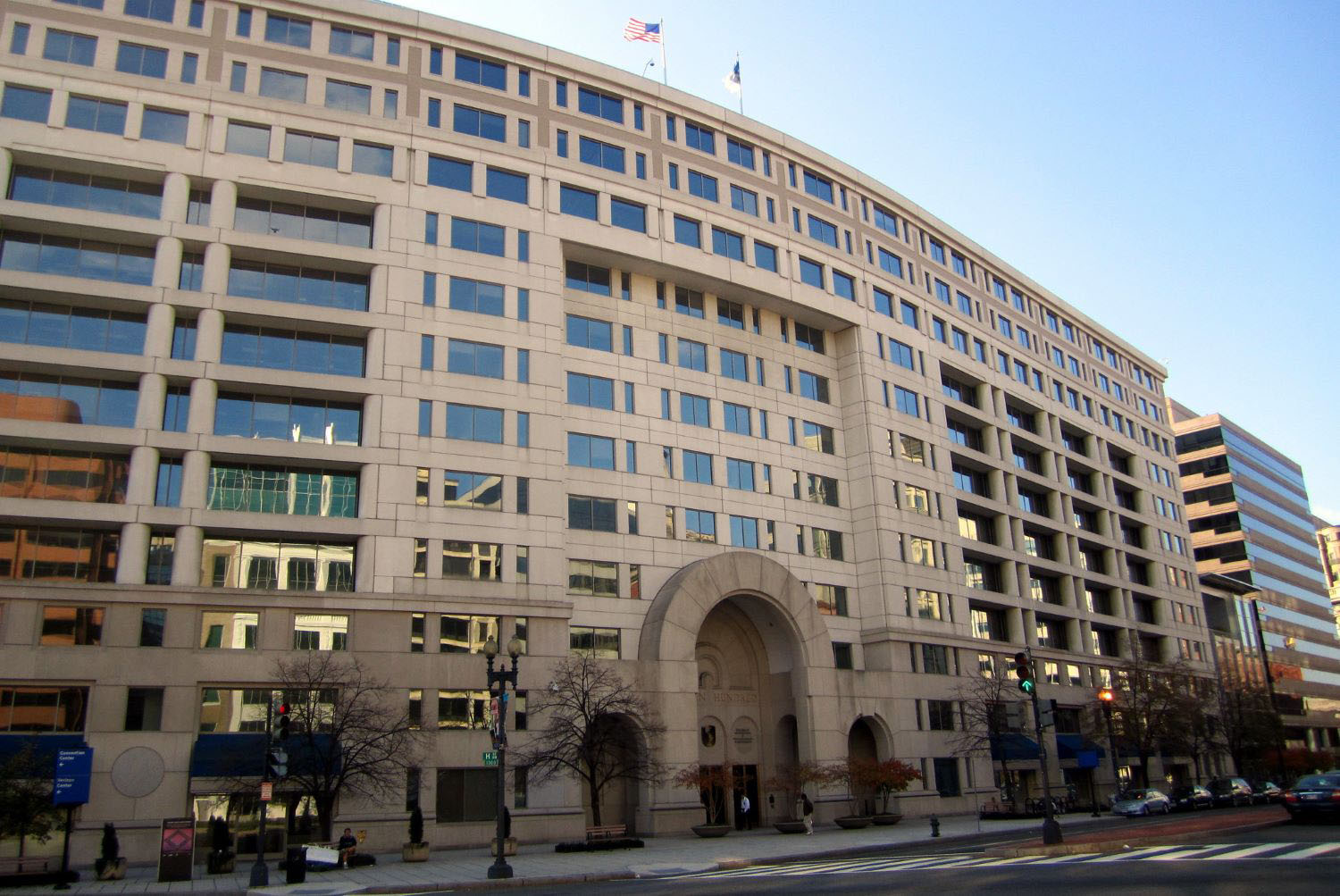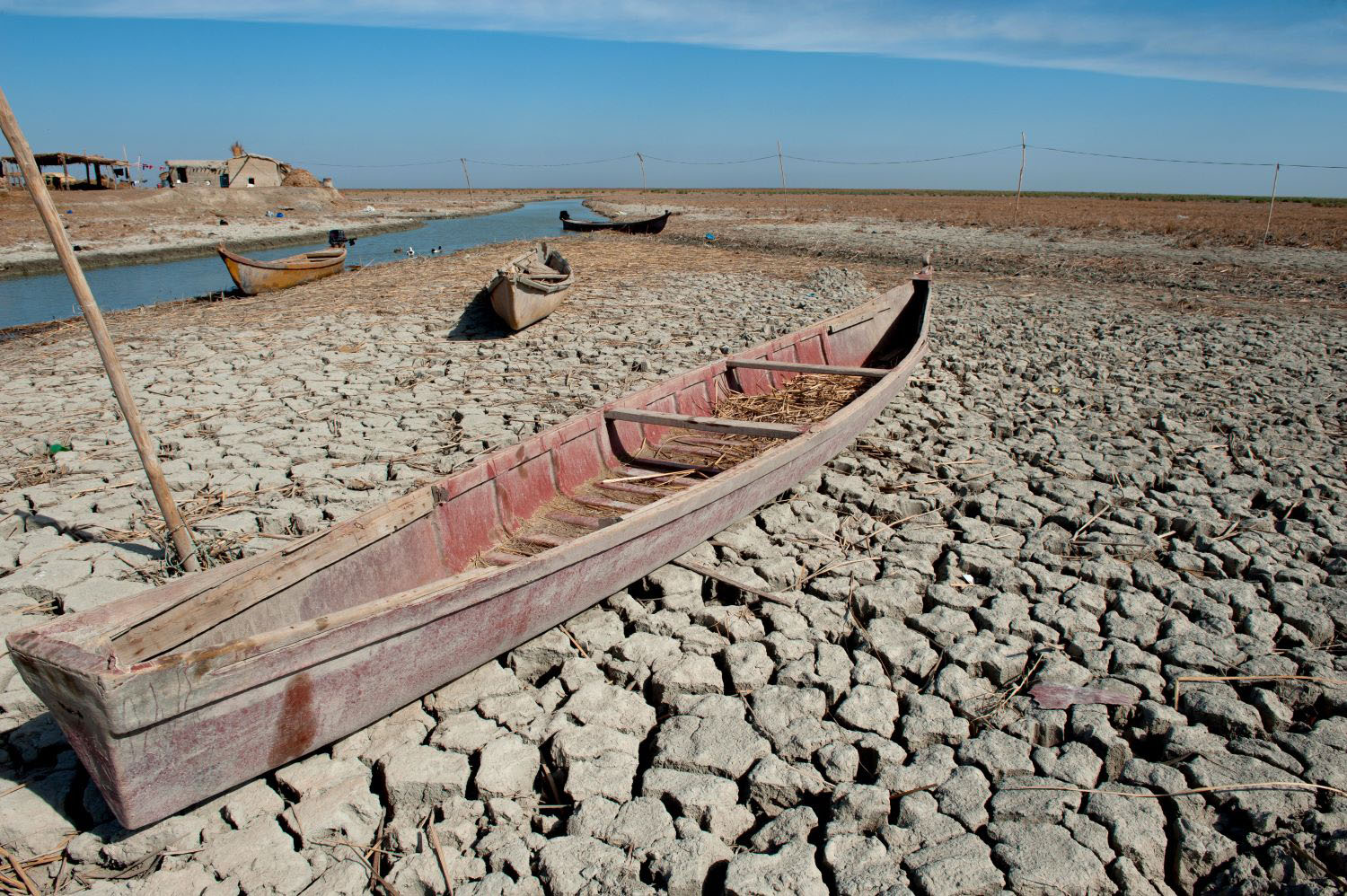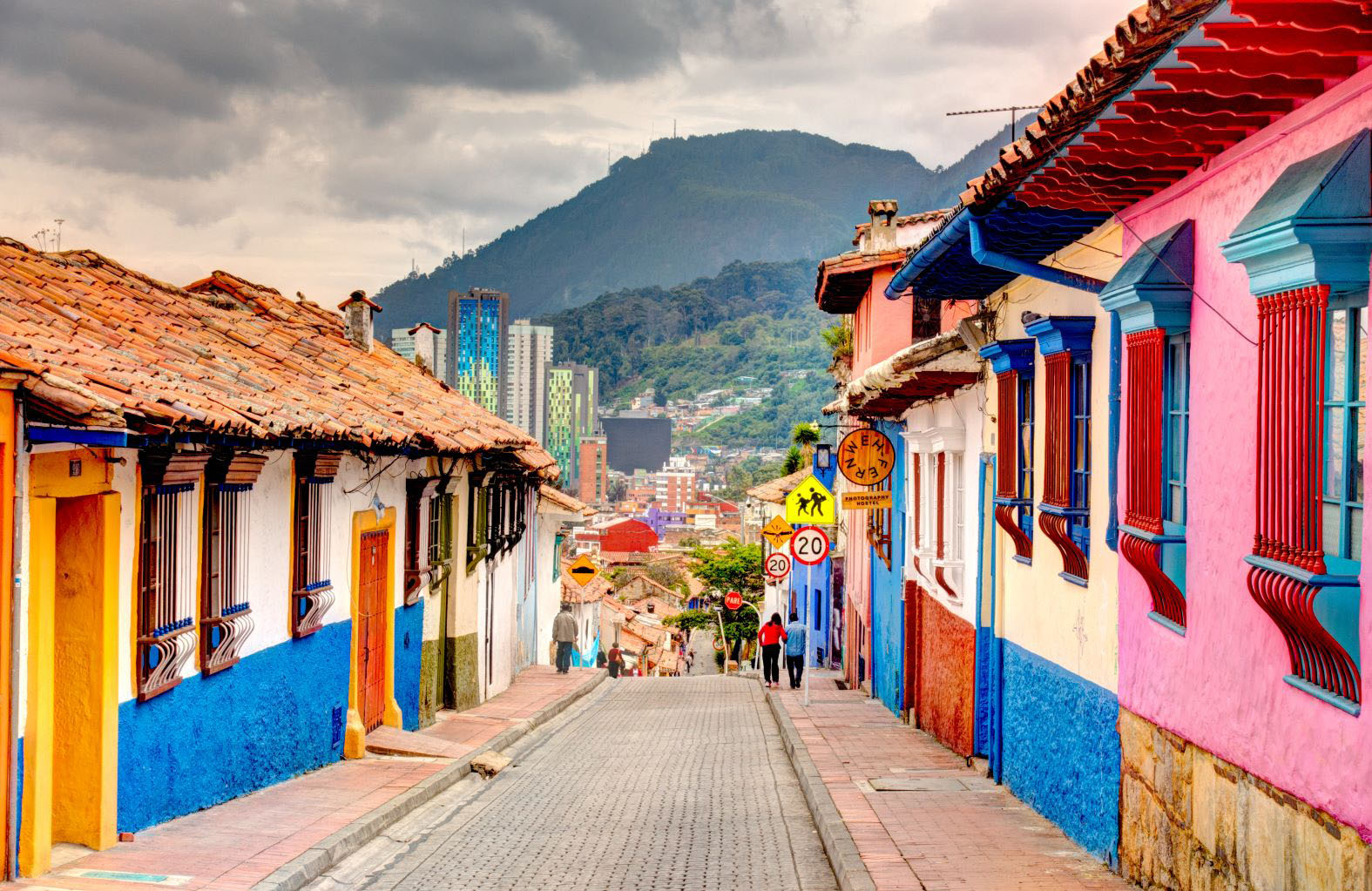Brazil kicked off the Finance Track of its term as G20 president on February 28-29 with a clarion call for progressive international economic action. The initial signs look familiar in some ways: geopolitical divisions over Ukraine and Gaza permeated the finance discussions, and in lieu of a communiqué, Brazil issued a Chair’s Summary with no signatories. But despite the familiar dysfunction, the Brazilian G20 gives me a shred of hope. The Brazilians put forward some big ideas, like an international wealth tax for the world’s richest people and an ambitious domestic green investment program, a Just Energy Transition Program or JETP-like platform, with a strong emphasis on economic and social fairness.
Brazil’s top priorities for its G20 presidency include social inclusion and the fight against hunger, a focus on climate change and financing global energy transitions, and the reform of global governance institutions.
A major proposal is a global minimum wealth tax on the world’s richest people. Brazil is reportedly pushing for a G20 declaration on international taxation by July, although this timeline is probably too ambitious because so far only one country—France—has vocalized support. If it has legs, the proposal will likely have to complete more of a marathon than a sprint. In recent years international taxation has arguably been an area in international economic policy where there has been some—albeit uneven—progress, with 140 countries signing up to a landmark global minimum tax agreement on multinationals that went into effect this January
Brazil’s plans for the international finance institutions are a bit more in flux. Reform of the multilateral development banks (MDBs) and upping the volumes of climate finance are clearly central tenants of their agenda. This includes technical discussions around the accounting treatment of callable capital with the rating agencies to increase financing available through the MDB system, as well as reforming the governance of climate finance funds. I anticipate this will come into sharper focus at the next finance ministerial on the sidelines of the IMF-World Bank Spring Meetings in April.
Brazil also showcased its own Ecological Transformation Plan (ETP) previously unveiled at the COP climate conference last December. It builds on Brazil’s updated Nationally Determined Contributions (NDCs), with the objective of cutting its emissions in half by 2030 and achieving carbon neutrality by 2050. Finance Minister Fernando Haddad characterizedthe plan as offering a vision for a “globalization that’s environmentally sustainable and socially inclusive.”
According to the finance ministry, the country’s annual climate finance needs are between $130 to $160 billion a year. The plan gives Brazil’s National Economic and Social Development Bank (BNDES) center stage alongside a cohort of private investors under the umbrella of GFANZ, a coalition of financial institutions committed to decarbonization. The Inter-American Development Bank (IDB) will also step in with a currency hedging platform to minimize currency-related losses for green investors. BNDES has a large financing footprint in Brazil relative to the MDBs: in 2021, it disbursed close to $13 billion in finance, which puts in perspective the World Bank and IDB’s combined $3 billion in annual funding for Brazil.
Once a powerful force for collective action, it has become harder to point to significant accomplishments of the G20 in recent years. Whether Brazil can unify the disparate interests of its membership, move the needle on some key policy items, or simply lead by example, this will be an interesting G20 to watch.
CGD blog posts reflect the views of the authors, drawing on prior research and experience in their areas of expertise.
CGD is a nonpartisan, independent organization and does not take institutional positions.


